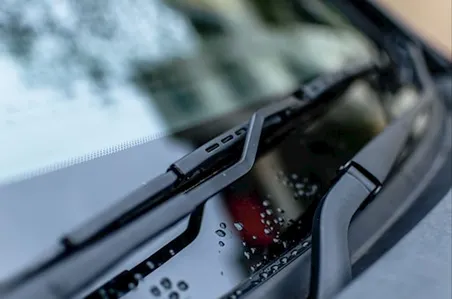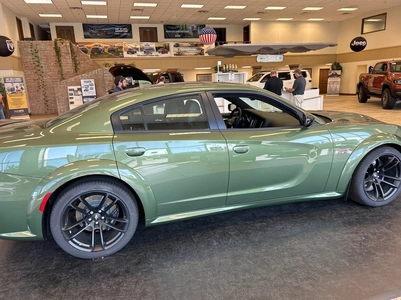Navigating the world of car insurance can sometimes feel like trying to solve a complex puzzle. But fear not! As a car salesperson who has spent countless hours assisting customers with their post-purchase needs, I've gathered insider insights to demystify car insurance for you. Whether you're a first-time buyer or looking to switch policies, this guide will arm you with the knowledge to choose wisely and potentially save a significant amount on your premiums. Let's dive into the essentials of understanding car insurance: the types available, savvy tips for choosing the right policy, and strategies to save big on your insurance costs.
The ABCs of Car Insurance Types
1. Liability Insurance
This is the bedrock of car insurance policies. If you're at fault in an accident, liability insurance covers the costs of the other party's injuries and property damage, not yours. It's legally required in most states, but the minimum coverage amount varies. Opting for more than the minimum can save you from potential financial ruin after a serious accident.
2. Collision Insurance
Collision insurance covers the cost of repairs to your own vehicle after an accident, regardless of who was at fault. It's essential for newer or higher-value cars but consider the age and value of your vehicle before adding collision coverage.
3. Comprehensive Insurance
For everything else that might happen to your car outside of collisions, there's comprehensive insurance. This includes theft, vandalism, natural disasters, and even hitting an animal. If you're leasing or financing a car, lenders often require both collision and comprehensive insurance.
4. Personal Injury Protection (PIP) and Medical Payments (MedPay)
These coverages handle medical expenses for you and your passengers after an accident. While they overlap in some areas, PIP also covers other expenses like lost wages or childcare costs due to accidents.
5. Uninsured/Underinsured Motorist Protection
Unfortunately, not everyone on the road carries enough insurance (or any at all). This coverage protects you if you're involved in an accident with such a driver, covering your medical and, sometimes, property damage costs.
Smart Tips for Choosing the Right Policy
- Assess Your Needs: Start by understanding your state's minimum requirements and then consider your vehicle's value, how you use your car, and your financial situation to determine the levels of coverage you need.
- Shop Around: Don't settle for the first quote you receive. Prices can vary significantly between insurers, so compare multiple quotes to find the best deal.
- Read the Fine Print: Understand exactly what each policy covers and what it doesn't to avoid any nasty surprises when you need to make a claim.
How to Save Big on Car Insurance
1. Bundle Policies
Many insurers offer discounts if you bundle car insurance with other policies, like homeowner's insurance.
2. Increase Your Deductible
Opting for a higher deductible can lower your premiums, but make sure you can afford the deductible if you need to make a claim.
3. Look for Discounts
Insurers offer various discounts for things like a clean driving record, installing anti-theft devices, or taking a defensive driving course. Ask your insurer what's available.
4. Drive Safely
It might seem obvious, but keeping a clean driving record is one of the best ways to keep your insurance costs down.
5. Pay Annually
Paying your premium in full annually, rather than monthly, can often result in a discount.
Understanding car insurance doesn't have to be a headache. With the right knowledge and a bit of savvy shopping, you can find the perfect coverage for your needs and budget. Remember, the goal is not just to find cheap insurance, but to find the best value policy that offers the protection you need at a price you can afford. Stay informed, stay covered, and drive with peace of mind.
Jim Hinshaw
(901) 828-3978
Homer Skelton CDJR











